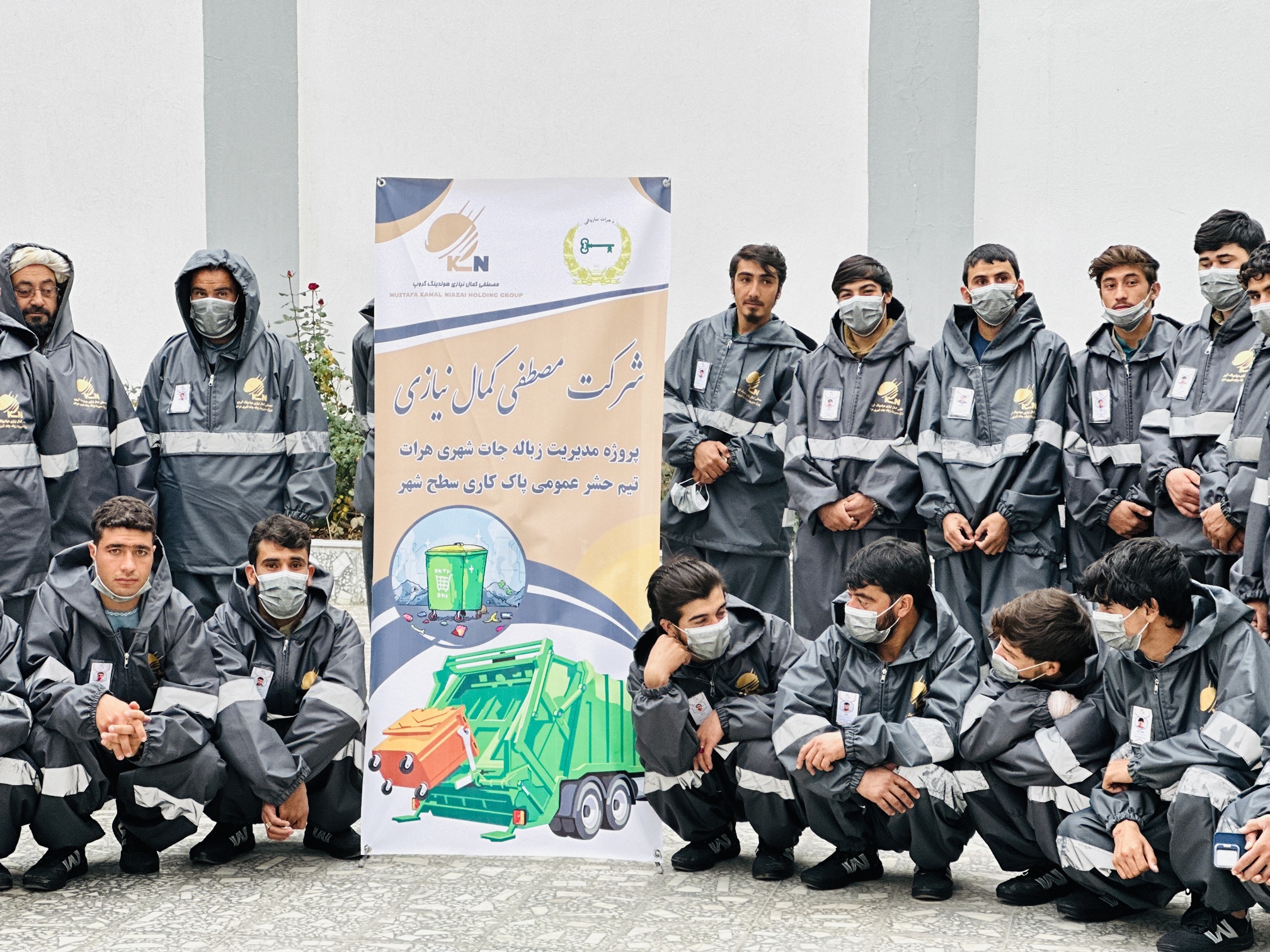
Waste management and recycling have become essential in creating a more sustainable and environmentally-friendly world. As the global population grows and industries expand, the amount of waste produced is escalating, putting pressure on landfills and natural resources. Effective waste management involves not just disposal, but also sorting, recycling, and reusing materials to reduce the environmental impact. Recycling plays a crucial role in this process, as it helps conserve resources, save energy, and reduce pollution. Beyond traditional recycling, there is growing potential in transforming waste into valuable goods. For example, plastic waste can be repurposed into new products like furniture and clothing, while organic waste can be converted into compost or fertilizers for agriculture. Additionally, waste-to-energy technologies, such as incineration or anaerobic digestion, help generate power from non-recyclable materials, contributing to renewable energy sources. Despite the challenges, such as contamination of recyclable materials and the need for better public awareness, these processes help reduce the burden on landfills and promote a circular economy, where waste is seen as a resource rather than a problem. Through innovative solutions, waste management and recycling not only protect the environment but also create new economic opportunities, driving sustainable growth for the future.
Passionate - Dedicated - Professional



